The Chinese mainland is willing to explore a "one country, two systems" solution for Taiwan as the two sides work to achieve peaceful reunification, a spokesman for the mainland's Taiwan affairs authority said on Thursday.
"In time, we firmly believe that our compatriots in Taiwan will develop a better understanding of and accept 'one country, two systems'," said Ma Xiaoguang, a spokesman for the Taiwan Affairs Office of the State Council.
Ma made the remark after the Democratic Progressive Party authorities in Taiwan dismissed a white paper, published on Wednesday by the mainland, that offers a systematic elaboration of the principles and policies put forward by the Communist Party of China and the Chinese government in advancing national reunification in the new era.
"The historic goal of reuniting our motherland must be realized and will be realized," the white paper said, adding that peaceful reunification and "one country, two systems" are the basic principles for resolving the Taiwan question and the best approach to realizing national reunification.
Taiwan's mainland affairs authority said the white paper was "full of wishful thinking" and claimed that neither side of the Straits belongs to the other. Rejecting the "one country, two systems" principle, it said the island will never accept an outcome set by the mainland.
Ma, from the Taiwan Affairs Office of the State Council, said: "Taiwan belongs to all Chinese people, including the 23 million Taiwan compatriots. The future of Taiwan depends on national reunification, and can only and must be decided by all Chinese people."
Peaceful reunification efforts and the "one country, two systems" arrangement show that the mainland cherishes and safeguards the greater good of the nation, the wellbeing of compatriots in Taiwan and peace on both sides, and it fully considers the differences in social systems and ideologies between the mainland and Taiwan, Ma said.
The white paper received a warm response and wide support from Chinese people at home and abroad, and the DPP authorities' misinterpretation cannot deny that "one country, two systems" is a peaceful, democratic, good-faith and win-win solution, he said.
People from various sectors in the Hong Kong Special Administrative Region also expressed their support for the white paper, saying that it shows the central government's firm will in pursuing national reunification and outlines the future of peaceful reunification under the "one country, two systems" principle.
Hong Kong Chief Executive John Lee Ka-chiu said in a statement that the white paper righteously reiterates to the world the fact that Taiwan is part of China and shows the central authorities' firm stance and policy on accomplishing the reunification of the motherland.
Lee noted that the paper rightly points out that some political forces in Taiwan have long been purposefully misinterpreting and smearing "one country, two systems" and advocating "Taiwan independence".
He stressed that "one country, two systems" has proved to be a successful national policy and its successful implementation in Hong Kong is widely recognized.
Lee reiterated that the Hong Kong SAR government will resolutely safeguard national sovereignty and territorial integrity, safeguard the one-China principle against any interference by external forces in China's internal affairs and fully support any necessary measures by the central government.
Tam Yiu-chung, a Hong Kong member of the Standing Committee of the National People's Congress, said the paper further clarifies the historical logic behind the nation's efforts in realizing full reunification of the country, which strongly refutes the smearing of other countries over the past years.
Noting the successful practice of the "one country, two systems" in Hong Kong, Tam urged the city to further the practice to set a good example for Taiwan people and called on Taiwan people to realize the inevitable trend of the great rejuvenation of the nation.
Lau Siu-kai, vice-president of the Chinese Association of Hong Kong and Macao Studies, said that the timing of the release of the white paper is of great strategic significance, as it shows the central government's firm will in peaceful national reunification remains unchanged.
Lau pointed out that the paper will have a deterrent effect on the US and the Taiwan separatist forces, and will have a positive effect on accelerating the process of national reunification.








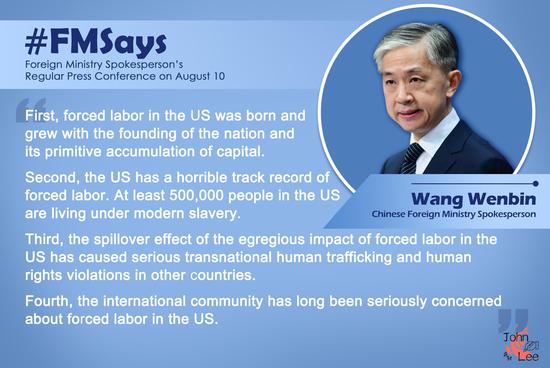
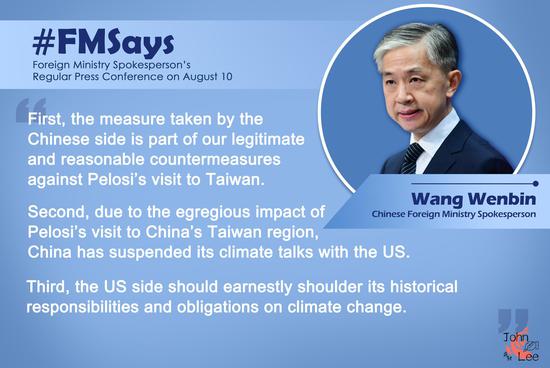
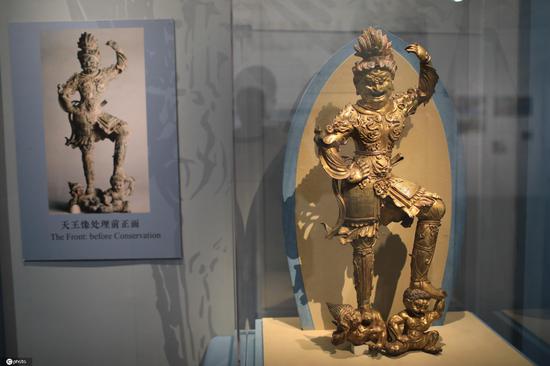


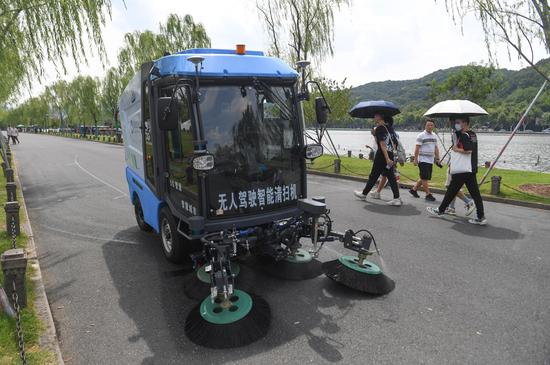
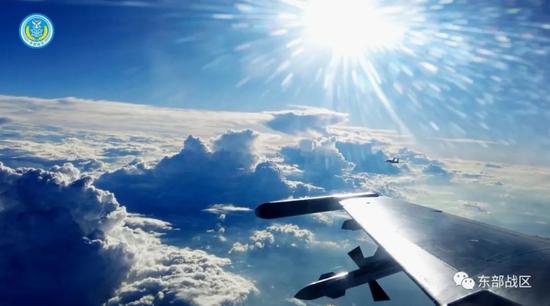

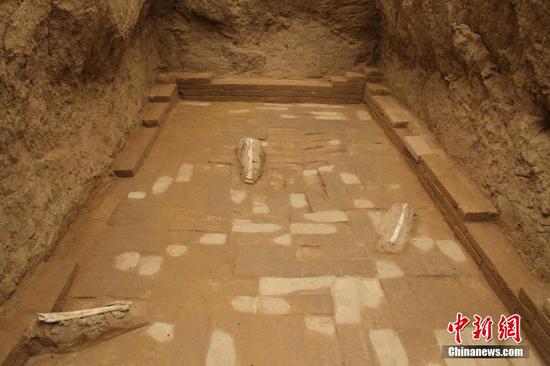


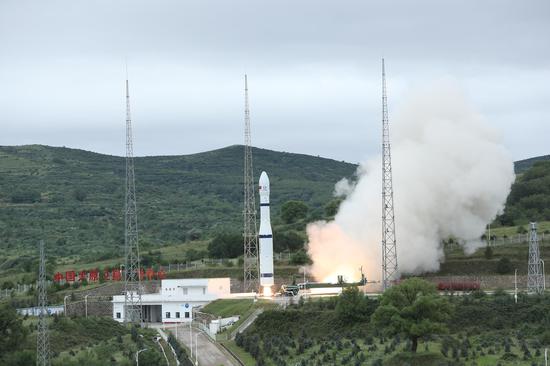

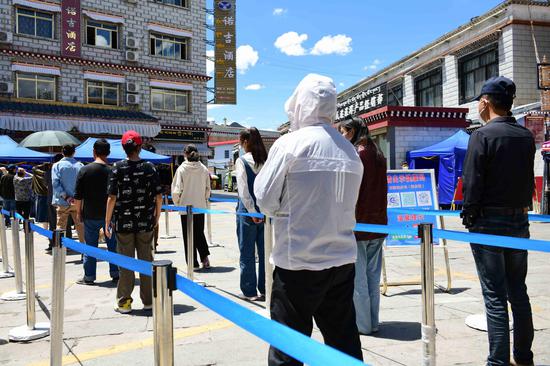


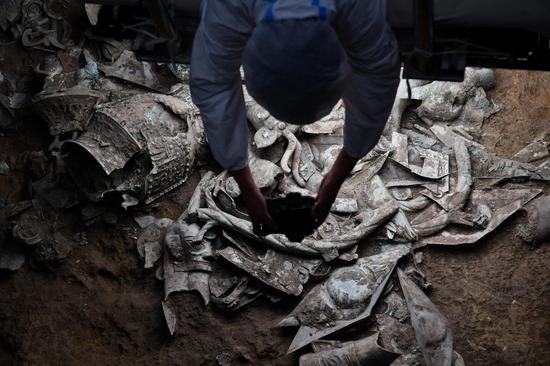
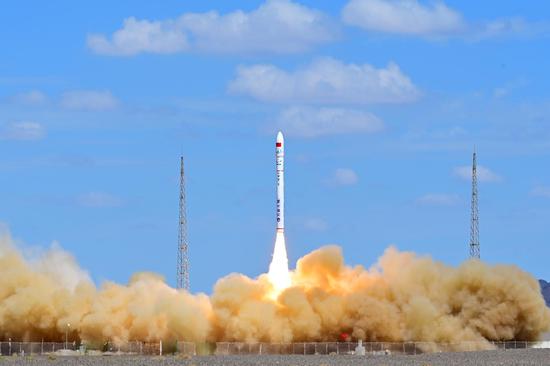
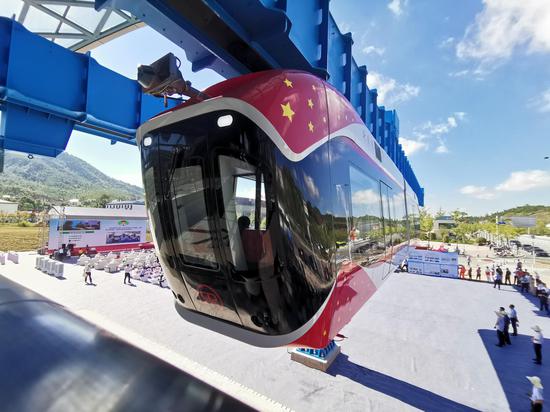
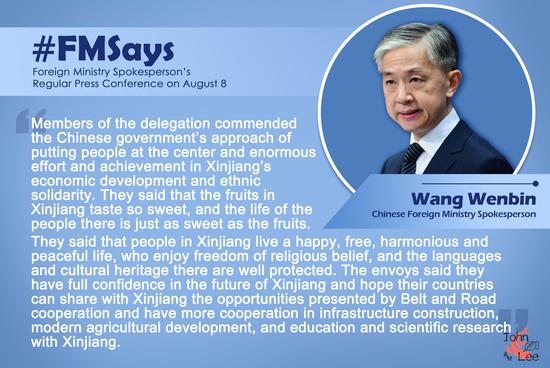
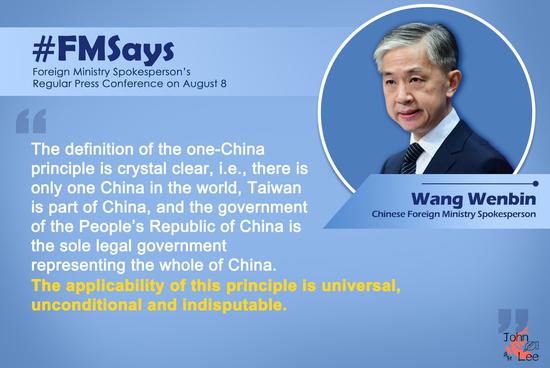
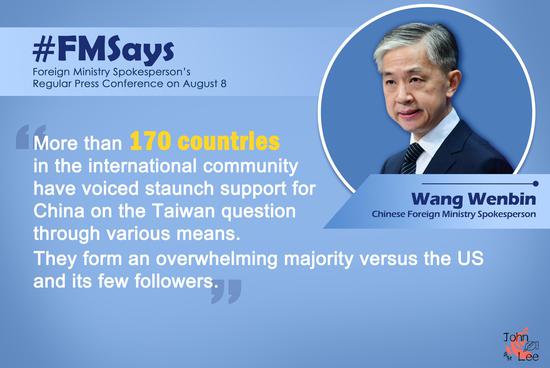
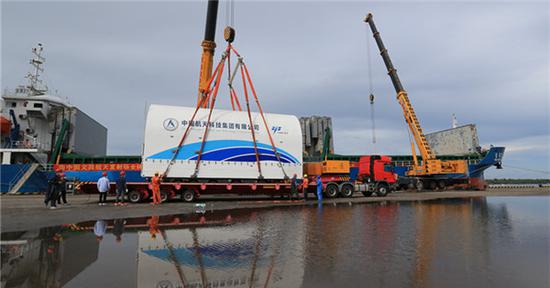


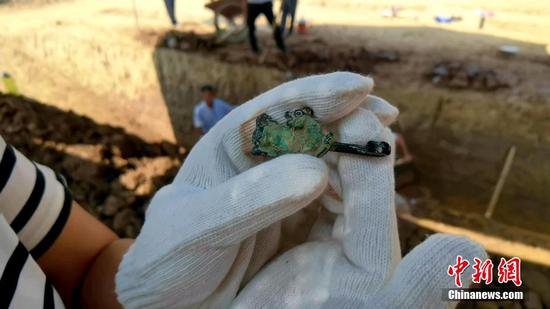

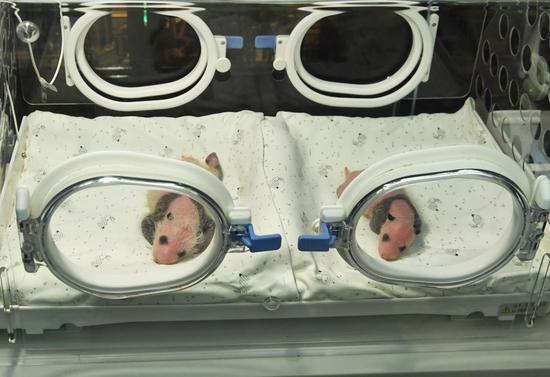
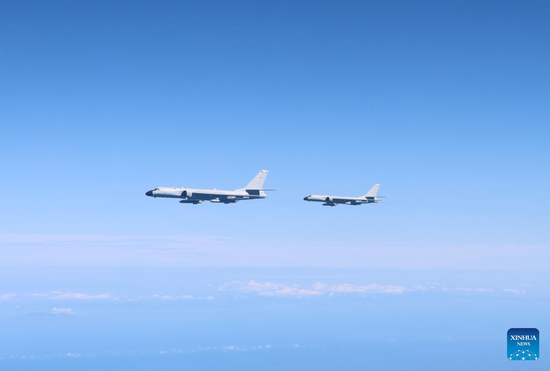
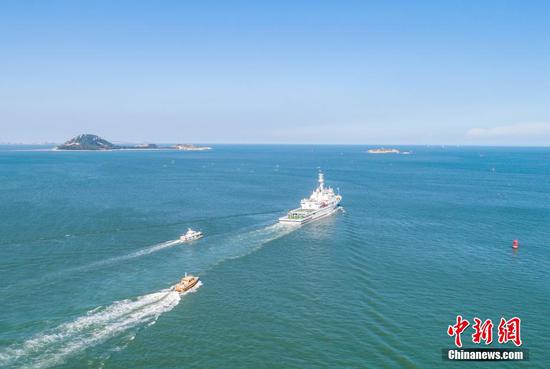
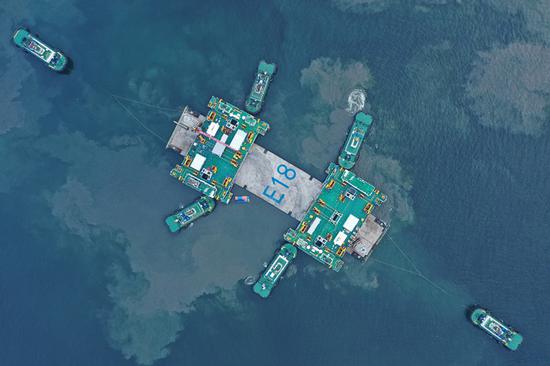


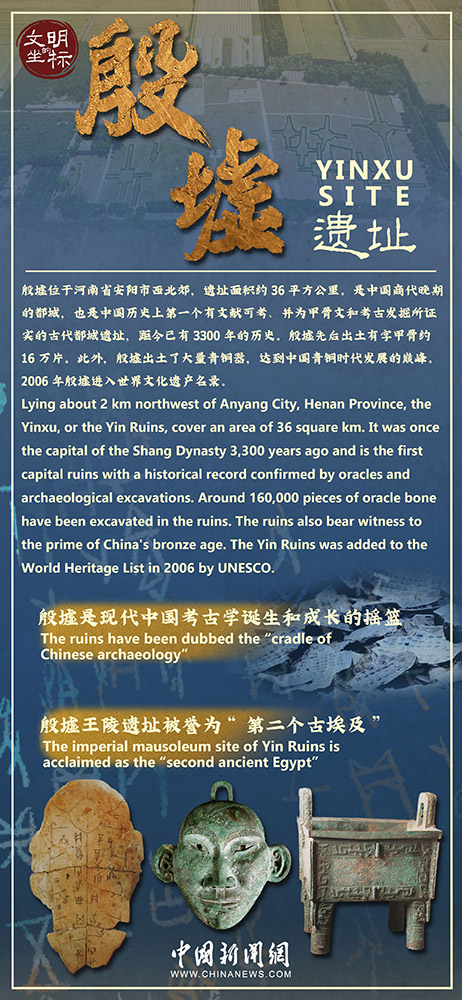







 京公网安备 11010202009201号
京公网安备 11010202009201号